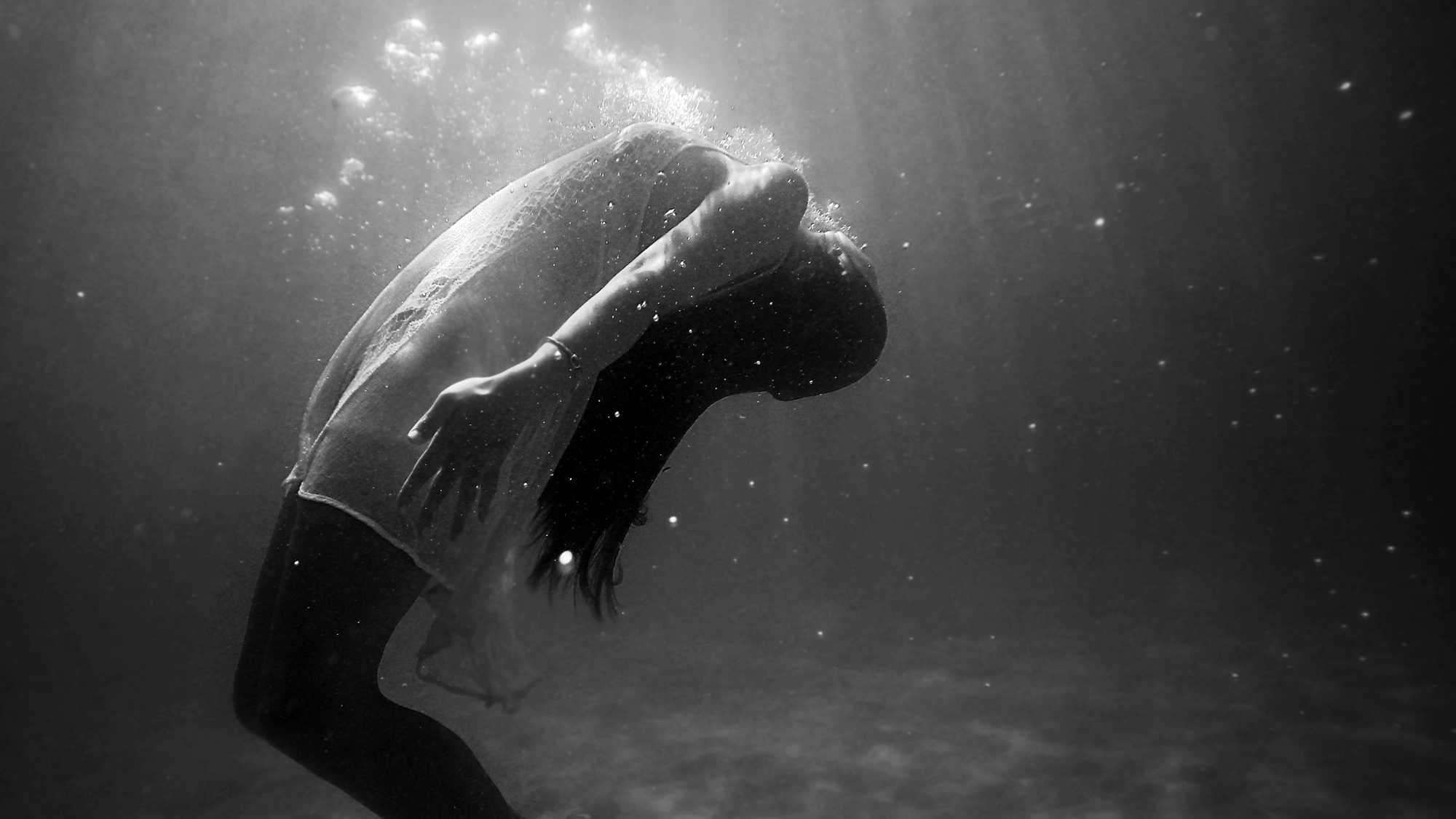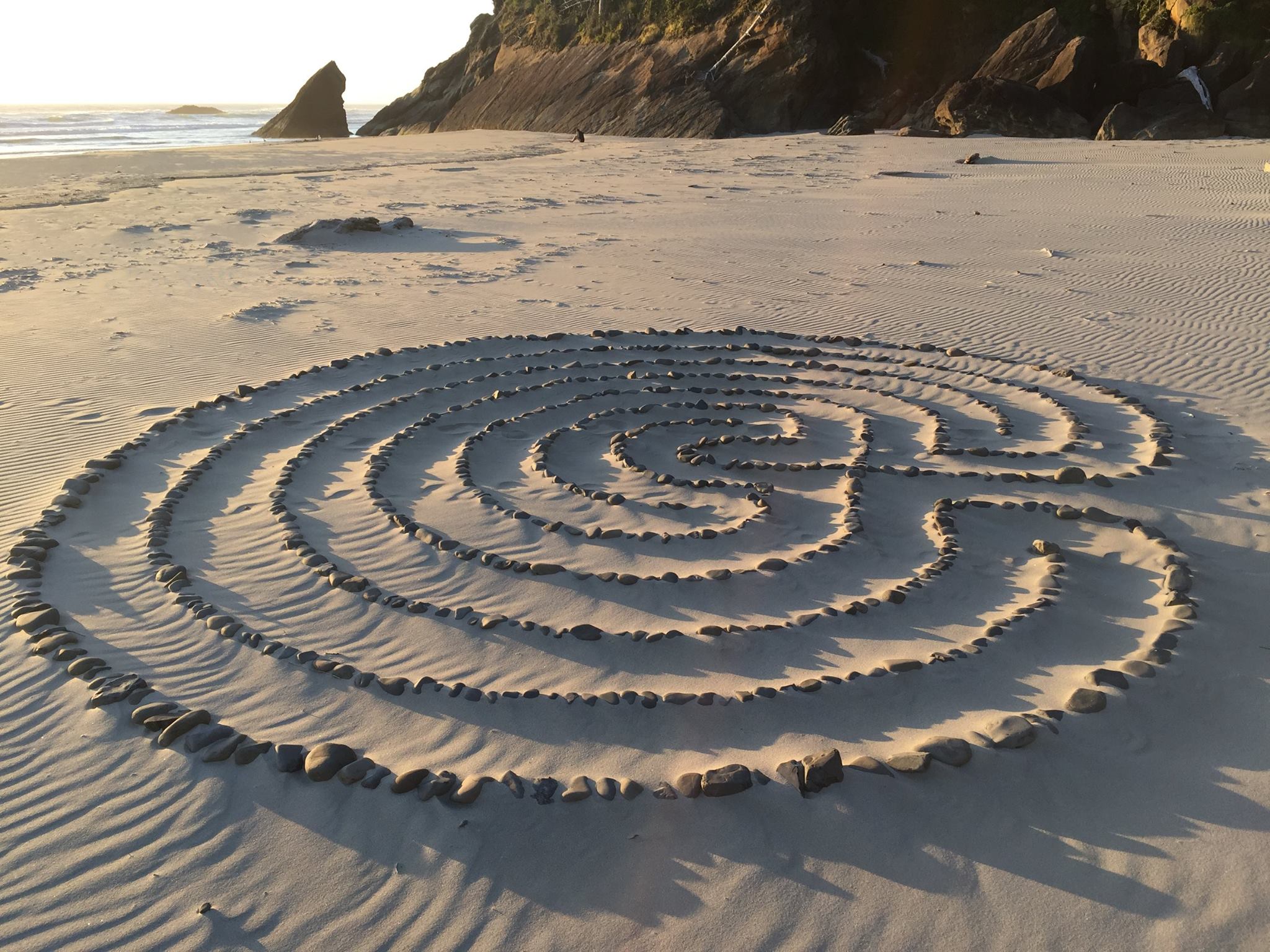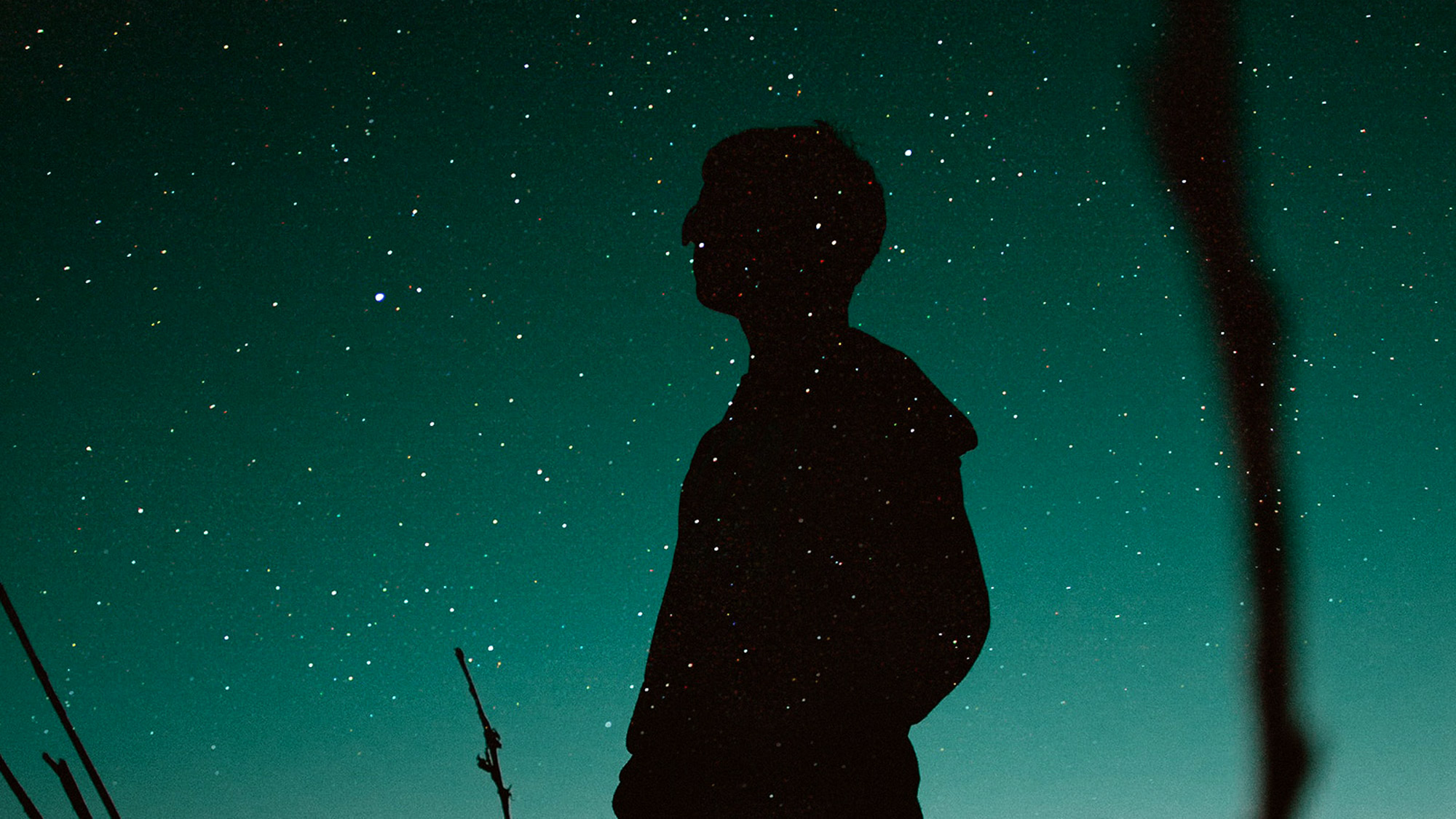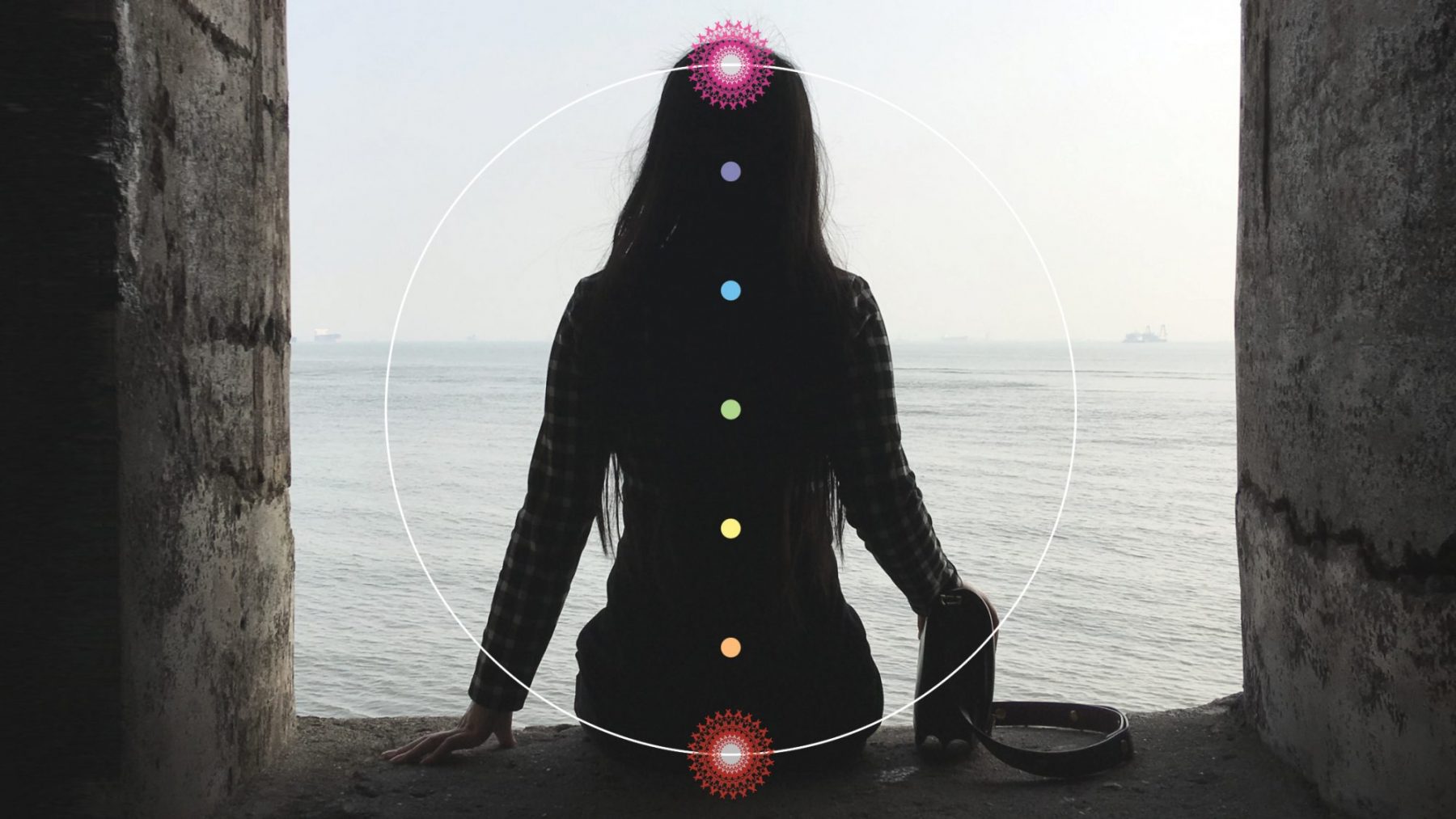The term “Imaginal World,” made popular by the great French writer Henri Corbin, refers to a dimension of life outside the norm, a dimension only perceivable through the imagination. The imagination, however, is not something unreal or ungrounded, a creator of fantasies and illusions. Rather, it is a powerful mode of perception that connects us with a world just as real as our ordinary world of everyday reality. As Robert Johnson has said, the imaginal is not real, it is realer than real. In this lecture I shall discuss the nature of the imaginal, its relationship to Jung and the process of individuation, as well as the transformative nature of imaginal experience. I shall also outline ways in which one can begin to live an imaginal life.
Season: Fall 2019
Living the Imaginal Life: Dreams, Active Imagination and Synchronicity
Building on the discussion Friday night, we shall continue our exploration of the theoretical nature of the imaginal and imagination but will concentrate on the experience of several methods for living the imaginal life. These methods include dreaming, active imagination, as well as working with inner impulses and synchronicities. There will be opportunity to practice and then discuss our experiences working with these techniques. We will also discuss ways to live the imaginal life on a daily basis. The practices used in the workshop are suitable for both those new to Jung and active imagination as well as those more advanced.
The Dynamic Psyche: Approaches to Working with the Unconscious – Seminar I
The seminar is now full.
A relationship with the unconscious is a relationship between the known and the unknown parts of the psyche. Jung believed that relationship is a key to living a balanced life, and is the means by which we might grow throughout adulthood. Think of it as an extended conversation between ego and the other that has many forms. This seminar will explore different ways this dialogue can take place by working with some of Jung’s basic ideas on how the psyche works. There will be a particular focus on the dynamic aspects of this dialogue, on the psyche in motion, on the psyche as a verb rather than a noun.
Dates and Times
There will be two seminars meeting on the same day, if the minimum of 10 people sign up for each seminar. Please sign up for and plan to attend one of them.
- Seminar I: Sundays from 1:00 – 3:00 pm
- Seminar II: Sundays from 4:00 – 6:00 pm
Schedule
- Sep. 29, 2019 – Dunbar Carpenter
- Oct. 6, 2019 – Dunbar Carpenter
- Oct. 13, 2019 – Dunbar Carpenter
- Oct. 27, 2019 – Robert Stuckey
- Nov. 3, 2019 – Robert Stuckey
- Nov. 17, 2019 – Robert Stuckey
Cost
- 12 hours of seminar instruction: $195 (OFJ members: $185)
- Sorry, we are unable to offer refunds.
- Continuing Education Credits are available, with one hour of CE credit for each hour of attendance. CEUs will be available for purchase
,at a cost of $10, which will cover all CEUs earned over the six-session seminar.
Seminar Size
- Attendance is limited to 24 people – 12 people per session
- If the seminar is full, and you would like to be added to our waitlist, please write us at [email protected]. If you have any questions, please call 503-223-3080.
Required Reading
- Week 1: Jung’s Collected Works, Volume 6.
- The definition of a symbol, paragraphs 814 – 829. These 7 pages will be sent to each seminar participant electronically. Please print them and bring them to the seminar.
- Week 2: Jung’s Collected Works, Volume 7. Two essays:
- “The Problem of the Attitude Type,” paragraphs 56 – 96
- “The Personal and the Collective Unconscious,” paragraphs 97 – 120.
- Week 3: Jung’s Collected Works, Volume 7. Two essays:
- “The Function of the Unconscious,” paragraphs 266 – 295
- “The Mana-Personality,” paragraphs 374 – 406.
- Recommended: I encourage participants to purchase Two Essays on Analytical Psychology, Volume 7 of the Collected Works, from which most of the readings will be taken. It is a reasonably comprehensive basic outline of Jung’s approach to psychology, and reading other than the required essays in that volume will enhance your understanding and our discussion. Paperback versions can be purchased online, or ordered at Barnes and Noble and Powell’s for under $25.
- Jung’s Collected Works, Volume 8. The essay: “Psychological Factors Determining Human Behavior,” paragraphs 114-125. This essay will be sent to each seminar participant electronically.
- Recommended: Jung’s Collected Works, Volume 8. The essay: “On the Nature of the Psyche,” paragraphs 343-442.
OFJ Library resources for Analysts Seminar Fall 2019
- To place a book on hold, email [email protected] with the title and 6-digit accession number.
- To pick up held books, visit the library noon to 3pm on a Saturday when we are open. Check the sidebar at www.ofj.org for open dates.
- You may also request AT LEAST ONE WEEK IN ADVANCE that we bring your reserved books to the Friday Talk on September 20, October 18, or November 8. Pick up at the Library Table in the lobby before the lecture or at the break, not afterward, thanks.
- BF 23 .J763 v. 7 (REFERENCE available for use on premises only)
- BF 23 .J763 v. 7 c.2 (paperback) request #000778
- BF 23 .J763 v. 7 c.3 (hardback) request #002381
- BF 23 .J763 v. 7 c.4 (hardback) request #000335
- BF 315 .J8 1970 (paperback) request #002301
- BF 23 .J763 v. 8 (REFERENCE available for use on premises only)
- BF 23 .J763 v. 8 c.2 (paperback) request #000777
- BF 23 .J763 v. 8 c.3 (hardback) request #054661
The Dynamic Psyche: Approaches to Working with the Unconscious – Seminar II
The Seminar is Full.
See The Dynamic Psyche: Approaches to Working with the Unconscious – Seminar I for a detailed description
Changing of the Gods: Weathering the Storm in an Archetypal Cosmos
In their distinct and brilliant ways, both C. G. Jung and James Hillman broke free of limiting modern assumptions and recognized that psyche was not confined to the human, that it permeated all of nature, the cosmos itself. Both also recognized the extraordinary value of astrology in shining an unexpected light on the archetypal dynamics of human life in synchronistic correlation with planetary movements. Our moment in history clearly represents a threshold of of great consequence, and the current planetary alignments can provide us with valuable insights about the deeper impulses at work in the drama now facing the Earth community. What is the planetary situation now, what are the historical precedents, and how might our contemporary culture be transformed by the recognition that an intimate bond exists between the deep psyche and the cosmos? Join Richard Tarnas for a “state of the world report” on the archetypal context of our national and global moment.
Changing of the Gods: Weathering the Storm in an Archetypal Cosmos
Saturday’s workshop will expand on Friday’s lecture and provide an opportunity to deepen our understanding of the complex archetypal dynamics at work in our time and place them in the larger context of history and humanity’s psychological evolution. There will also be a private advance screening of Episode 1 of Changing of the Gods.Friday Talk: Tarnas – Changing of the Gods
Between the World and Me: Where the Wild Things Live
In this historical moment we unconsciously live out the reality of a split between the psyche (personal) and the sociopolitical world. Emotional suffering is located in the individual and his/her relationships. The social context is rarely acknowledged as major contribution to our psychological health as it is seen as a backdrop. Within such a perspective, we lose the opportunity to create and use the potential space in cultural life for engaging and processing the most pressing problems of our times: racism, sexism, gender, poverty, class social justice and the traumatogenic environment of uncertainty, pain and suffering they create for all of us.
In this talk Sam Kimbles will address a way of thinking and working with the kinds of issues that cut across the artificial divide between inner and outer. Two stories from literature will serve as springboards for this evening’s talk: Maurice Sendak, Where the Wild things Are and Ta-Nehisi Coates,Between the World and Me will be used to look at destructive attitudes in our culture that reflect issues that challenge us all.
Turning Ghosts into Ancestors through Phantom Narratives
Intergenerational traumas are living memories that express and perpetuate themselves through group unconscious story formation i.e., phantom narratives. They offer us an opportunity to acknowledge, engage, and mourn the unresolved. Specifically, the unprocessed violence, both of the past and as it appears in present day sociopolitical processes. The psychological work of transforming ghosts that haunt our current lives into ancestors (helpful presences) will be our focus for this workshop.
The Essence of Kundalini
As we participate in spiritual practices and inner creative work, kundalini energy may rise up the chakras located in the astral spine and awaken us spiritually. When this happens in a contained environment, it slowly merges the north and south poles of our being (feminine and masculine, negative and positive) and creates a greater wholeness in our well-being. In this presentation , we will focus on the meaning of kundalini, its images in creative expressions as in sandplay, and how to use our understanding of kundalini for personal change. We will then experience what kundalini may feel like through guided meditation and sound.
Experiencing the Chakras
The theory of the chakras comes from the Sanskrit tradition of India and the ancient science of kundalini yoga. When participating in meditation, yoga, and other forms of spiritual practices, kundalini often rises up the astral spine and awakens us spiritually. In this workshop, we will explore the psychological, spiritual, and emotional characteristics of each of the seven chakras that are located along the astral spine as we view images of their expressions in sandplay. Along with this, we will experience their unique energy forms through guided meditations and will discuss the symptoms of and reasons behind spiritual emergencies.S




